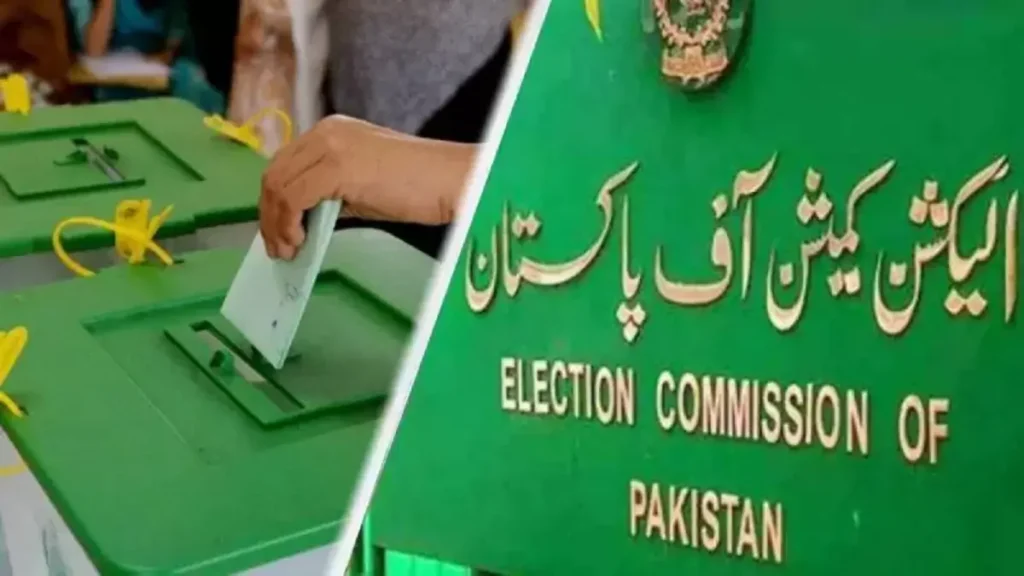KP's NA quota increased from 39 to 45. Karachi gets one additional NA seat; Sanghar loses one of its 3 seats. Karachi's Malir, East and Central districts get one additional PA seat.
ISLAMABAD: Amid rumours of delay in the elections, the Election Commission of Pakistan (ECP) Thursday notified the final list of delimitation of constituencies of the national and four provincial assemblies.
This development paves the way for the announcement of the election schedule, which is expected during the first week of December as announced by the electoral body.
The ECP had earlier stated that the final list of delimitations would be published on December 15 but it was later revised to November 30.
Per the notification issued by the Election Commission, according to Article 51(3) of the Constitution, the National Assembly consists of 266 general seats, with 60 seats reserved for women and 10 for non-Muslims.
Balochistan has a total of 20 NA seats, including 16 general and four reserved seats for women; Khyber Pakhtunkhwa has 45 general NA seats and 10 reserved seats for women; Sindh has a total of 75 NA seats of which 61 are general and the remaining 14 are reserved for women.
Punjab, population-wise the largest province, has the biggest share of 141 general NA seats and 32 seats reserved for women while the federal capital has representation of three general seats in the National Assembly with no seat reserved for women.
Article 106 is related to the constituencies of four provincial legislatures. Under this article, Balochistan comprises 51 general seats, 11 reserved for women and three for non-Muslims, bringing the total number to 65.
Likewise, Khyber Pakhtunkhwa consists of 115 general seats, 26 seats reserved for women and four seats for non-Muslims and the total number of seats in the legislature stands at 145.
Similarly, Sindh consists of 130 general seats, whereas 29 seats are reserved for women and nine seats for non-Muslims and the total number of seats is 168.
Moreover, Punjab comprises as many as 297 general seats, 66 reserved for women and eight for non-Muslims. The total strength of the provincial legislature is 371 seats.
Hence the total number of general seats of the four legislatures is 593 out of which 132 are reserved for women and 24 are reserved for non-Muslims.
In all, 1,327 representations were filed, majority of them i.e. 675 from Punjab, regarding the delimitation of constituencies.
For general seats, each province is divided into as many separate territorial constituencies as the number of general seats allocated to that province under Article 51 of the Constitution.
Similarly, the Islamabad Capital Territory is divided into as many separate territorial constituencies as the number of general seats allocated under Article 51.
The general seats of the provincial assemblies are divided by, dividing each province into as many separate territorial constituencies as the number of general seats specified for each province in Article 106.
For women’s seats in the National Assembly, a province is treated as a single constituency for all seats reserved for women, which are allocated to that province in Article 51.
Whereas, for seats reserved for non-Muslims in the National Assembly, the whole country is considered a constituency for all seats. With respect to seats of women and non-Muslims in the provincial assembly, each province forms one constituency with as many such seats as are allocated to each province in the district.

